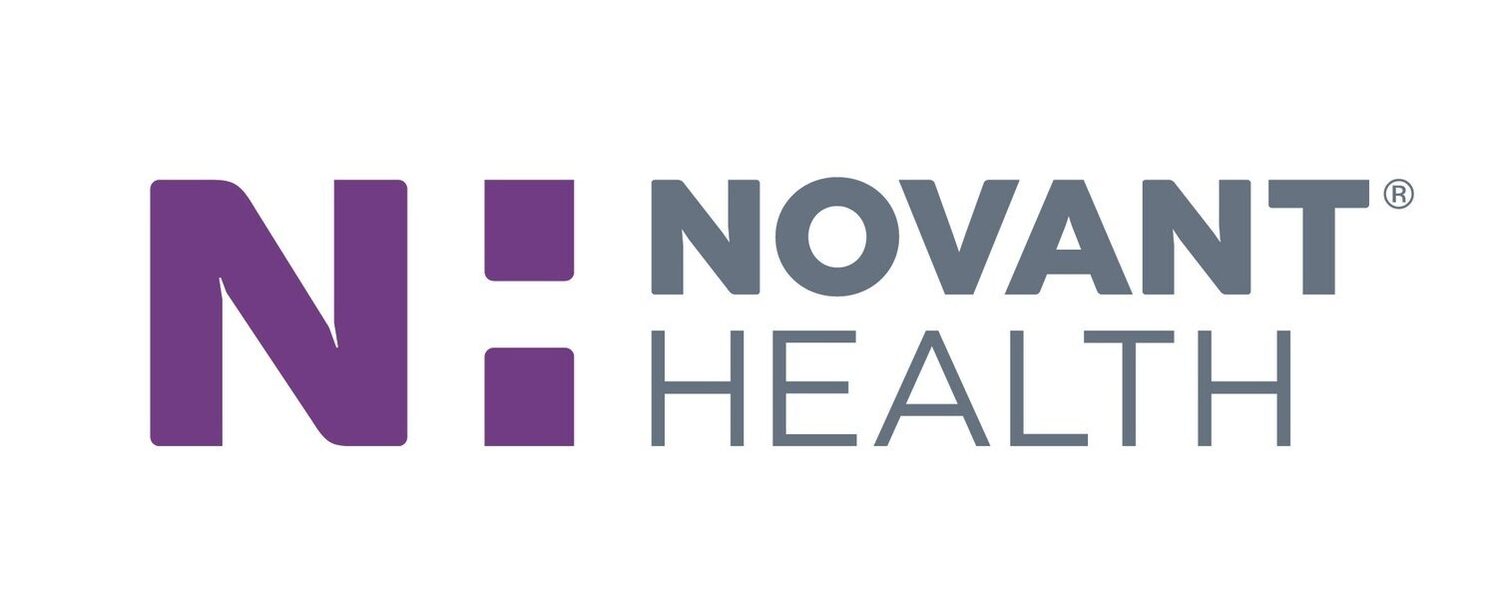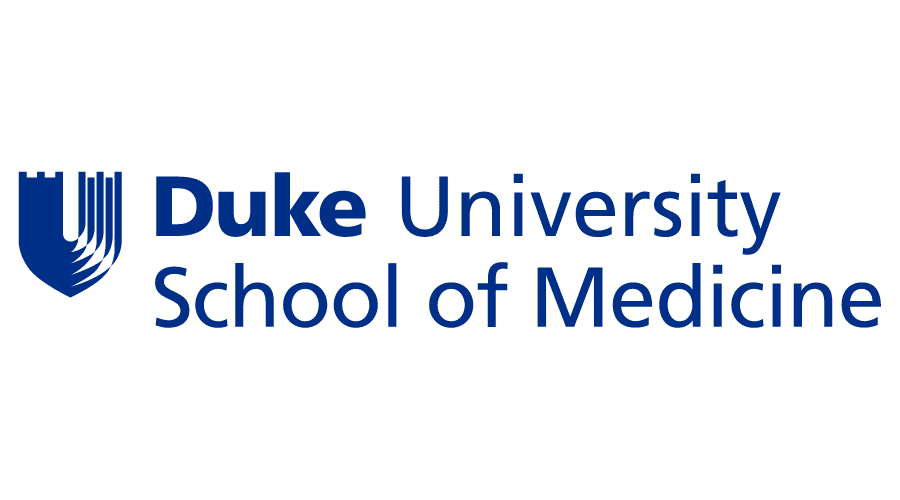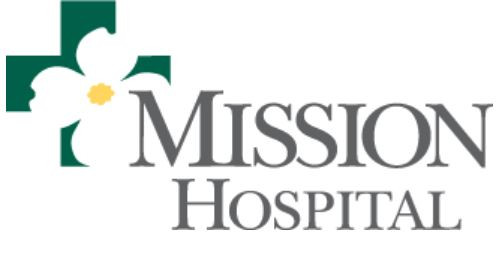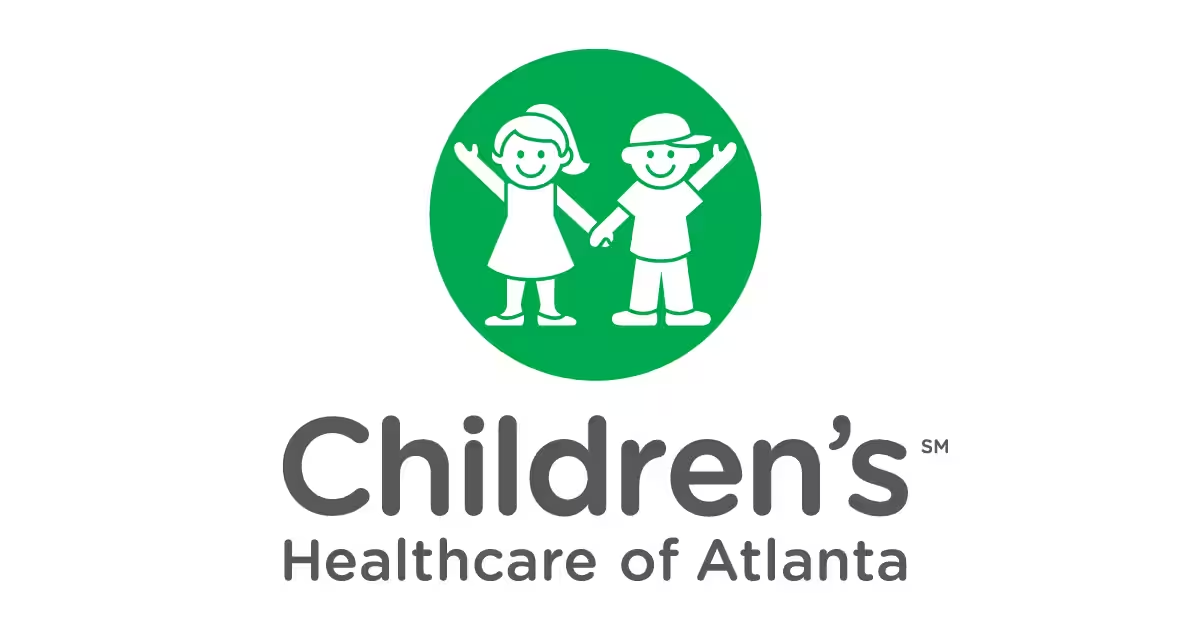TORCH Funding Priorities
Clinical Trials
Expanding access to cutting-edge treatments for rare pediatric cancers.
Basic Science Research
Unlocking breakthroughs in cancer therapies through innovative scientific discovery.
Survivorship Support
Enhancing long-term care and quality of life beyond treatment.
Home Hospital Needs
Addressing critical gaps in pediatric cancer care at hospitals serving rare cancer patients.
2024-2025 TORCH Recipients
Following a rigorous review process by a distinguished scientific committee, six outstanding institutions were selected to receive grants aimed at transforming pediatric cancer care.

Novant Health (Charlotte, NC)
Funding supports two impactful initiatives for rare cancer patients:
Mental Health Services: Offering counseling to address the emotional challenges of a cancer diagnosis.
Whole-Foods Nutrition Program: Providing nutrient-rich meals to enhance healing, reduce side effects, and improve treatment outcomes.
Together, these initiatives address emotional and physical well-being, fostering resilience and a better quality of life.

Duke University School of Medicine (Durham, NC)
In partnership with Atrium Health, funding will be utilized to make osteosarcoma treatment easier and safer by testing if patients can leave the hospital sooner after receiving a key chemotherapy drug, potentially reducing hospital stays and costs while maintaining safety. Additionally, it explores the use of organoids to study tumor resistance and identify new therapeutic opportunities.

UNC Medical Center (Chapel Hill, NC)
Funding advances research on CAR T-cell therapy for rare brain tumors, focusing on lab testing to ensure effective treatments before administering them to patients. This innovative approach aims to improve survival rates and reduce the physical and emotional toll on children, revolutionizing brain tumor care.

Mission Hospital (Asheville, NC)
Two essential programs are being expanded to improve pediatric cancer patients’ quality of life:
Beads of Courage Program: An evidence-based therapy fostering resilience and positive coping strategies.
Therapeutic Sensory Program: Incorporating calming technologies like LED Bubble Tubes and Sensate Soundscapes in treatment areas to reduce stress and anxiety.

Children’s Healthcare of Atlanta (Atlanta, GA)
Funding supports the development of immune-based therapies for osteosarcoma, leveraging advanced genetic techniques to study cancer cell vulnerabilities. Researchers aim to boost the immune system and develop new therapies, potentially leading to clinical trials for pediatric bone cancer.

Texas Children’s Hospital (Houston, TX)
Funding enhances a promising treatment for neuroblastoma, improving natural killer T cells (NKTs) through advanced research. By refining proteins and manufacturing processes, this initiative aims to create more effective and scalable therapies, revolutionizing pediatric cancer treatment.
TORCH Initiative Grant Application Timeline & Guidelines
Each year, we invite pediatric hospitals and research institutions to submit proposals that drive progress in clinical trials, survivorship programs and groundbreaking therapies.
Get Involved
Your support fuels the future of rare pediatric cancer research and care.
Donate Today
Every contribution brings us closer to life-saving breakthroughs.
Partner With Us
Connect with us to explore sponsorships and funding collaborations.
Stay in Touch
For general inquiries, contact us at info@isftorch.org.

